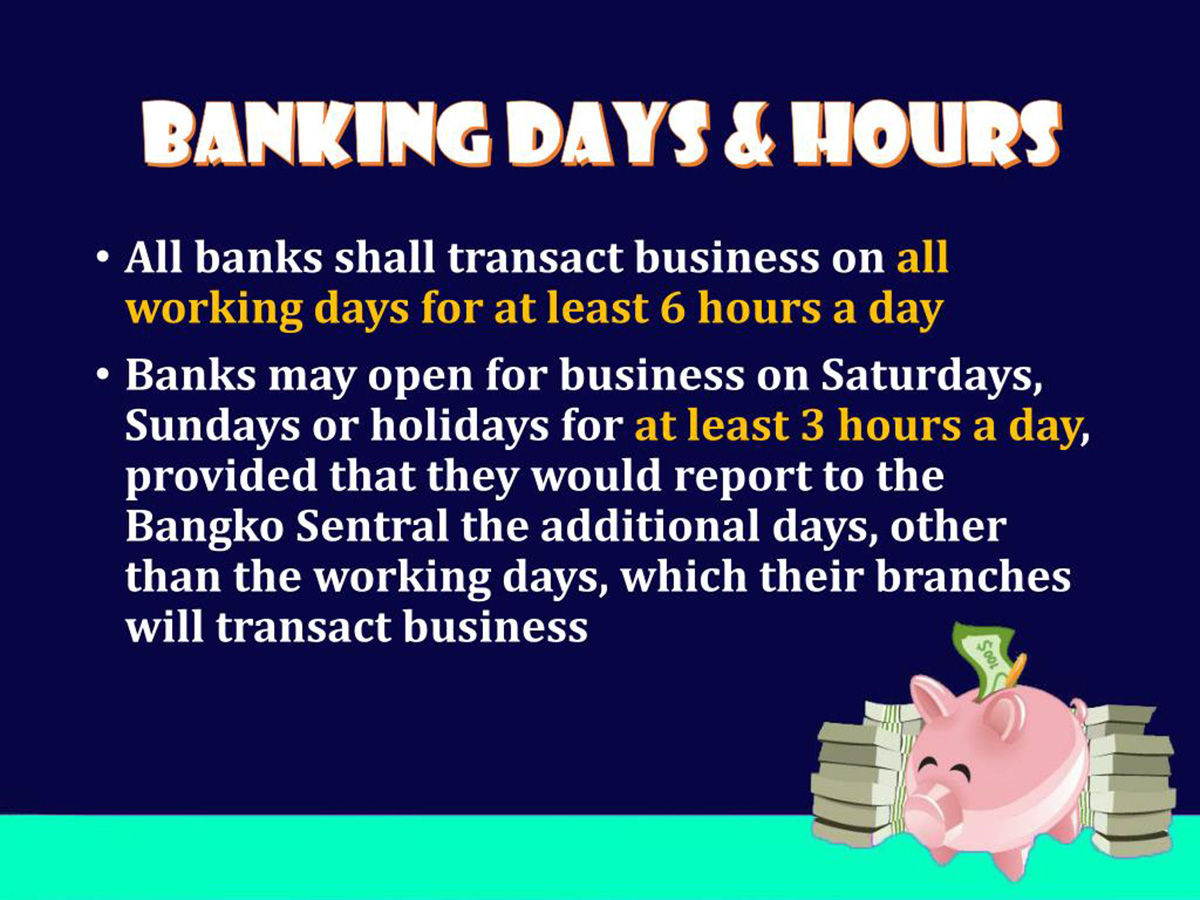Home>Finance>Singles’ Day: Definition, History, Statistics, And What Happens


Finance
Singles’ Day: Definition, History, Statistics, And What Happens
Published: January 29, 2024
Learn about the history, statistics, and significance of Singles' Day in the world of finance. Find out what happens on this popular shopping event!
(Many of the links in this article redirect to a specific reviewed product. Your purchase of these products through affiliate links helps to generate commission for LiveWell, at no extra cost. Learn more)
Singles’ Day: Definition, History, Statistics, and What Happens
Are you single and ready to mingle? Well, there’s a special day just for you! Singles’ Day, also known as Guanggun Jie in China, is a holiday that celebrates being single. Originating from China, Singles’ Day has gained international recognition as a day of fun, shopping, and self-love. In this blog post, we will explore the definition, history, statistics, and what typically happens on Singles’ Day.
Key Takeaways:
- Singles’ Day is a holiday that celebrates being single.
- It originated from China but has gained global popularity.
What is Singles’ Day?
Singles’ Day falls on November 11th every year, chosen for the symbolism of the four number ones representing singles. It started as an unofficial holiday in the 1990s when a group of university students in China decided to celebrate their single status. What began as a small gathering has now evolved into a massive shopping extravaganza.
The History of Singles’ Day
The history of Singles’ Day can be traced back to a university in Nanjing, China. A group of single students decided to create a holiday to celebrate their independence and embrace the single life. The chosen date, November 11th, was selected because of the significance of the number “1” representing a single person.
Over time, Singles’ Day gained popularity among other universities in China and eventually spread to the broader population. The holiday’s influence grew rapidly, and with the rise of e-commerce, it soon became a shopping phenomenon.
Singles’ Day Statistics
Singles’ Day is not only a celebration but also a massive shopping event. It has become the world’s largest online shopping day, surpassing other prominent global shopping holidays such as Black Friday and Cyber Monday. Here are some mind-boggling statistics from previous Singles’ Day events:
- In 2020, Singles’ Day generated a record-breaking $74.1 billion in sales.
- Alibaba, one of the leading e-commerce platforms, reported over 583,000 transactions per second during Singles’ Day 2020.
- Brands and retailers offer substantial discounts and promotions, making it a prime time for bargain hunters.
What Happens on Singles’ Day?
Singles’ Day is a day filled with activities, both online and offline. Here’s what typically happens:
- Online Shopping Bonanza: E-commerce platforms like Alibaba’s Tmall and JD.com offer massive discounts and promotions on Singles’ Day. Shoppers can find incredible deals on a wide range of products, from electronics to fashion to home goods.
- Entertainment Galore: In addition to shopping, Singles’ Day features various entertainment events, including celebrity performances, TV shows, and live streaming sessions. These activities add excitement and make the day a memorable experience for participants.
- Self-Celebration: Singles’ Day is also a day for self-celebration and self-care. Singles often pamper themselves with spa treatments, delicious meals, or simply enjoying their own company.
Singles’ Day is not only about shopping but also about embracing one’s individuality and having a good time. So, whether you are single or in a relationship, why not join in the festivities and indulge yourself in some retail therapy on this special day?
Now that you know about Singles’ Day, its history, and what typically happens, get ready to mark November 11th on your calendar and join the celebration of being single!














